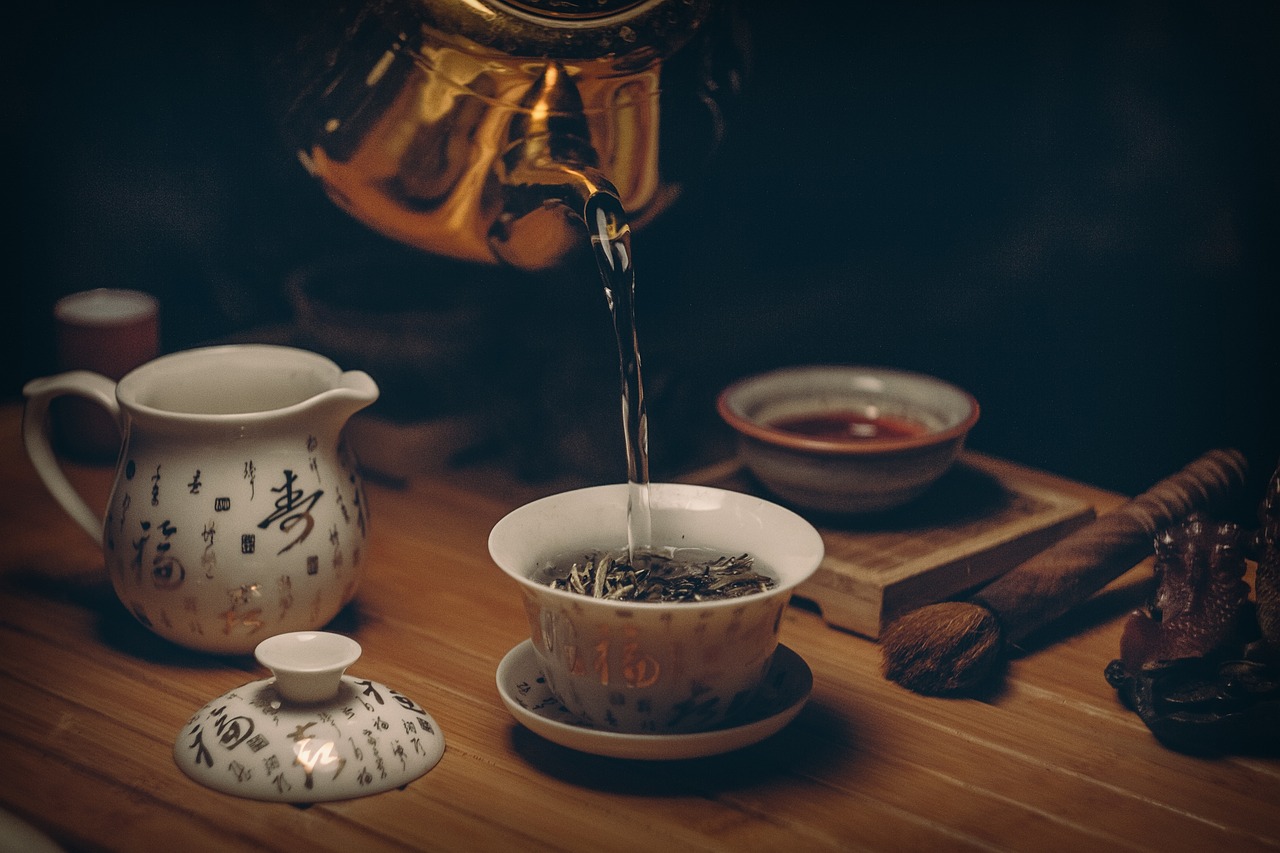Ever feel like your afternoon slump is dragging you down? You’re not alone. Millions rely on coffee or energy drinks for a quick pick-me-up, but crashes and jitters often follow. What if there was a healthier, more sustainable way to stay energized? Enter energy tea—a natural, balanced alternative that fuels focus without the downsides.
In this guide, we’ll explore:
✔ What energy tea is and how it works
✔ Top energy-boosting tea varieties
✔ Science-backed benefits vs. synthetic energy drinks
✔ How to brew the perfect cup for sustained energy
✔ Real-world success stories
What Is Energy Tea?
Energy tea is any tea that naturally enhances alertness and stamina, typically through caffeine and L-theanine—a calming amino acid that smooths out caffeine’s edge. Unlike sugary energy drinks, these teas provide clean, sustained energy without crashes.
Key Ingredients in Energy Teas
-
Caffeine (varies by type: 20–90 mg per cup)
-
L-theanine (promotes focus and relaxation)
-
Antioxidants (fight fatigue-linked oxidative stress)
-
Adaptogens (e.g., ginseng, rhodiola—stress-modulating herbs)
Top 5 Energy-Boosting Teas
1. Matcha Green Tea
-
Why it works: Packed with caffeine (70 mg/cup) and L-theanine for laser focus.
-
Bonus: Rich in EGCG, an antioxidant linked to metabolism support.
-
Pro tip: Opt for ceremonial-grade matcha for maximum benefits.
2. Yerba Mate
-
Why it works: South America’s “liquid gold” offers caffeine (85 mg/cup) plus vitamins B and C.
-
Bonus: Enhances mental clarity better than coffee, per a 2024 Nutrients study.
-
Pro tip: Brew at 160°F to avoid bitterness.
3. Black Tea (e.g., Assam, Earl Grey)
-
Why it works: Steady caffeine (40–60 mg/cup) and theaflavins for heart health.
-
Bonus: Adds a robust flavor—ideal for coffee switchers.
4. Guayusa
-
Why it works: Amazonian leaf with caffeine (90 mg/cup) and chlorogenic acid for slow energy release.
-
Bonus: Naturally sweet—no sugar needed.
5. Peppermint-Ginseng Blend
-
Why it works: Ginseng fights fatigue (per Journal of Herbal Medicine), while peppermint aids digestion.
-
Bonus: Caffeine-free option for sensitive drinkers.
Energy Tea vs. Energy Drinks: Why Tea Wins
| Factor | Energy Tea | Energy Drinks |
|---|---|---|
| Caffeine Source | Natural (plant-based) | Synthetic |
| Crash Risk | Low (L-theanine buffers) | High (sugar spikes) |
| Added Sugar | None (unless sweetened) | 25–40g per can |
| Long-Term Health | Antioxidants, heart benefits | Linked to insomnia, heart strain |
How to Brew Energy Tea for All-Day Stamina
1. Time It Right
-
Morning: Matcha or black tea for a gentle rise.
-
Afternoon: Yerba mate or guayusa to dodge the 3 p.m. slump.
-
Evening: Decaf herbal blends (e.g., chamomile-ashwagandha) to unwind.
2. Optimize Your Brew
-
Water Temp: Green/white teas: 160–180°F; black/herbal: 200–212°F.
-
Steep Time: 3–5 mins (overbrewing = bitterness).
3. Boost It Naturally
-
Lemon: Enhances antioxidant absorption.
-
Honey: A touch for slow-release carbs.
-
Cinnamon: Stabilizes blood sugar.
Real-World Success Stories
✅ Sarah, Freelancer: “Switching from coffee to matcha eliminated my crashes—I’m 2x more productive.”
✅ Mark, Athlete: “Yerba mate pre-workout gives me endurance without the jitters.”
Final Thoughts: Sip Smarter, Not Harder
Energy tea isn’t just a trend—it’s a science-backed upgrade to synthetic stimulants. Whether you choose matcha’s zen focus or yerba mate’s bold kick, these brews deliver energy that lasts.










